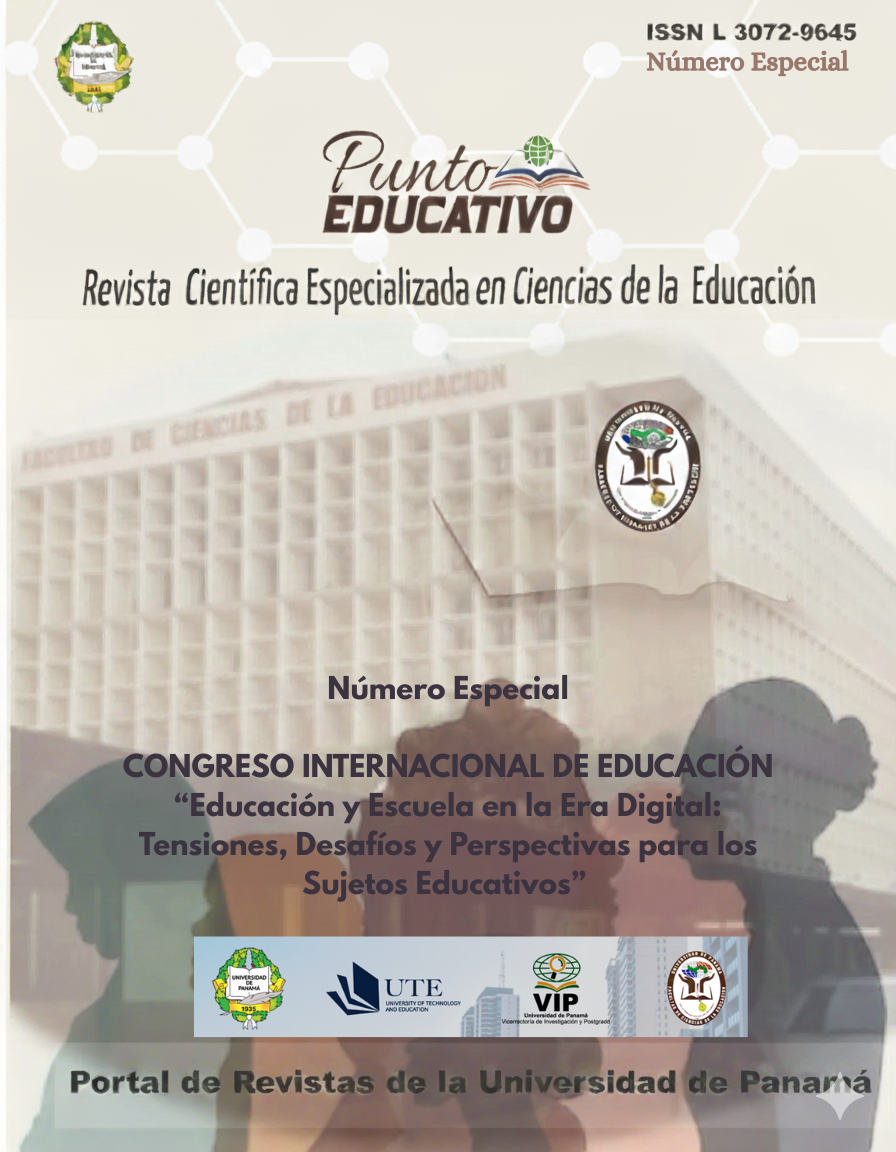

Copyright (c) 2025 Punto educativo

This work is licensed under a Creative Commons Attribution-NonCommercial-ShareAlike 4.0 International License.
The article explores the importance of positive parenting in the holistic development of students and its relationship with Self-Determination Theory (SDT). The family, understood as a dynamic ecosystem, plays a crucial role in the formation and development of children and adolescents. Parenting, especially when based on support, affection, and structure, facilitates the fulfillment of the fundamental psychological needs according to SDT: competence, autonomy, and relatedness. This approach not only promotes the emotional and physical well-being of children but also enhances their ability to resolve conflicts and face academic challenges. Parenting styles that foster autonomy and provide a supportive and structured environment are essential for positive academic development. These styles allow students to develop self-regulation skills, which are fundamental to their academic and social success. Additionally, building a positive relationship between family and school is vital for the holistic development of students as social beings, especially in high-vulnerability contexts where socioeconomic conditions can pose an additional challenge. In essence, positive parenting, framed within SDT, has a profound and lasting impact on school education and the personal development of students. Collaboration between parents and educators is essential to create an environment that promotes students' well-being, resilience, and academic success, preparing them to be responsible and committed citizens in the future.